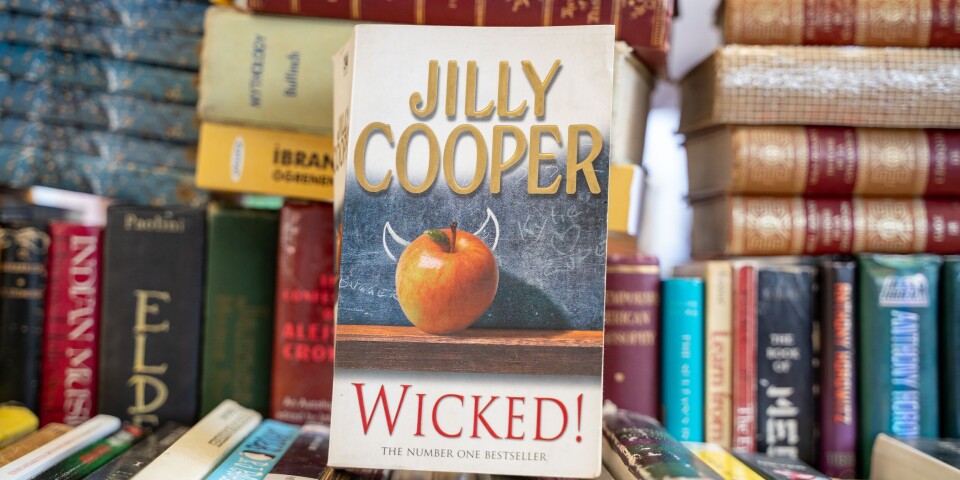Inheritance in France: Can lodging a child for low rent cause issues?
The French supreme court has overturned a decision by the court of appeal on what constitutes a ‘gift’ by a parent
Letting a child live in a property you own at a low rent could cause problems with inheritance in the future after you pass away, a case involving the French court of appeal and supreme court has shown.
The case centres on the ‘S’ family.
Is below-market rent a ‘gift’?
When ‘H.S.’ died on April 25, 2007, four of his children argued that the fifth child, known as ‘W’, had already received tens of thousands of euros from their father, reports Capital.
W had been living in one of H.S.’s flats from November 1, 2003 to October 31, 2015, and paying rent well below the average market rate for these 12 years.
His siblings calculated this gift to equate to a total of €182,939.64 over the 12 years which should be taken into account for his father’s estate, the siblings claimed, so the total could be shared fairly among all five children.
On May 22, 2022, the Versailles Court of Appeal agreed with the four siblings. It found that the years of below-market rent constituted an indirect gift, because if the father had not rented the property to his son, the father could have theoretically rented it to someone else at market rate, making himself richer.
As a result, the court found that the situation constituted an “advance on the estate”, and that the “indirect gift must be taken into account in the estate” and “shared with the other descendants of the deceased” accordingly.
Read also: Explained: 2024 inheritance tax for family members in France
Supreme court decision
However, W appealed to the Cour de Cassation (supreme court) over the decision, and it found in his favour.
On June 12, 2024, the Cour de cassation quashed and set aside the decision of the Versailles Court of Appeal.
The supreme court said that two conditions would need to be met for the siblings to have a genuine case:
Firstly, the “gift” must have been made in a lump sum by one of the parents to their child or children
Secondly, the gift must have “impoverished” the donor (or made them “poorer” than they otherwise would have been).
The court found that in this case, only the second criterion applied, as the father could theoretically have made more money from a tenant paying him the market rate.
As a result, the court found that the father had not intended his son’s living situation as a “gift”, and said that it was simply “essential help” for his son, who had a low income.
In the absence of proof, there was no “gift” and nothing could be claimed from W., the Cour de Cassation ruled.
Read also: Navigating inheritance tax as a Briton in France
The siblings must now share out the approximately €180,000 remaining in their father’s legacy, without any contribution from W.
The case sets a precedent in the status of legacies left to children, and the legal position if renting a property to a family member at below the market rate.





























